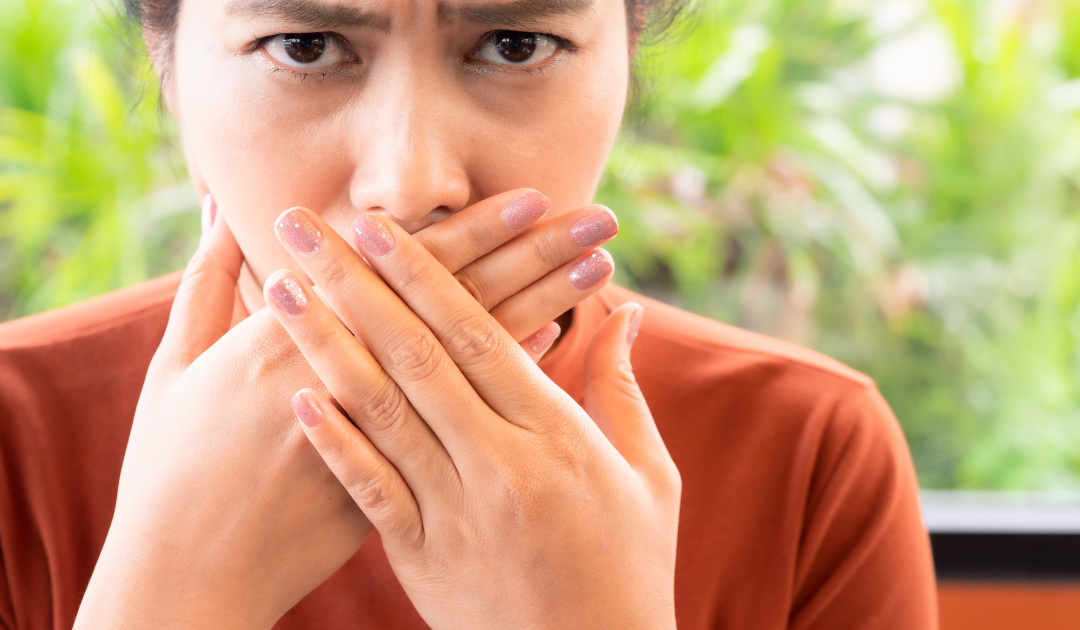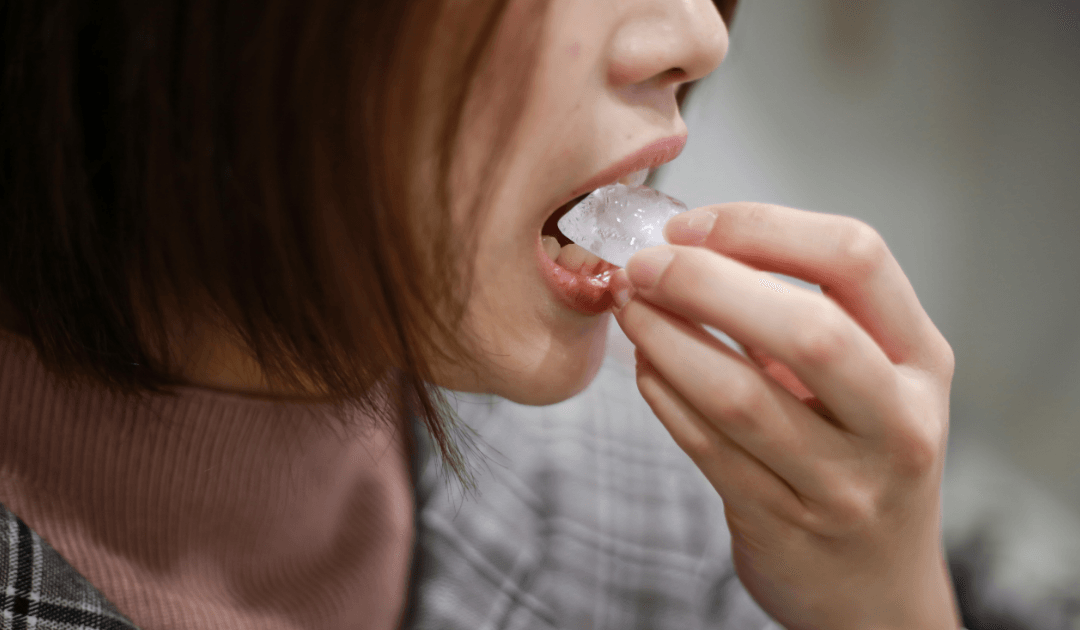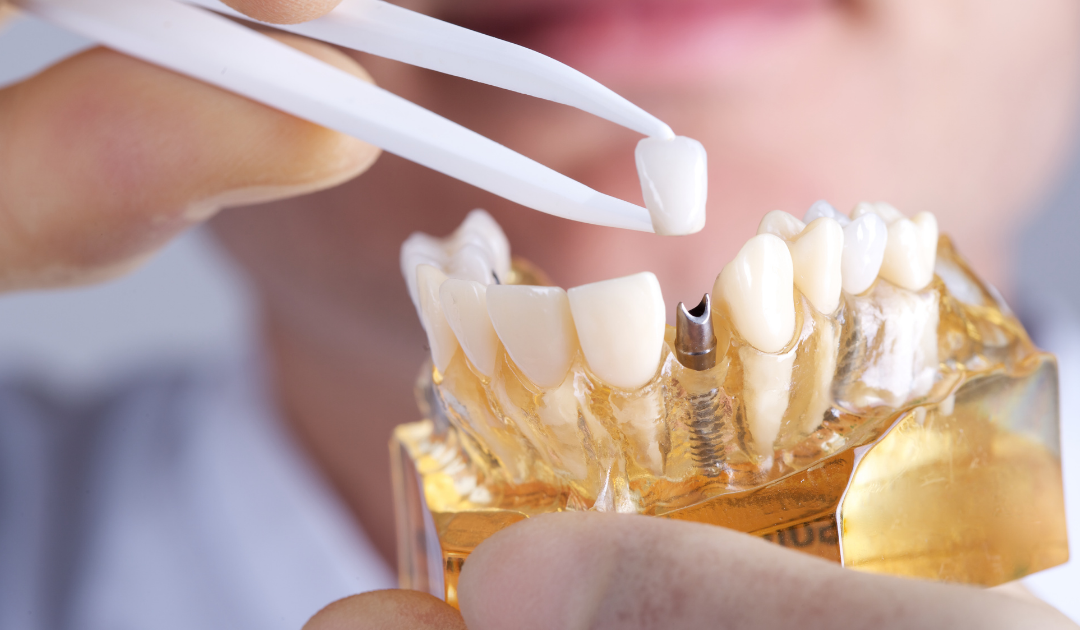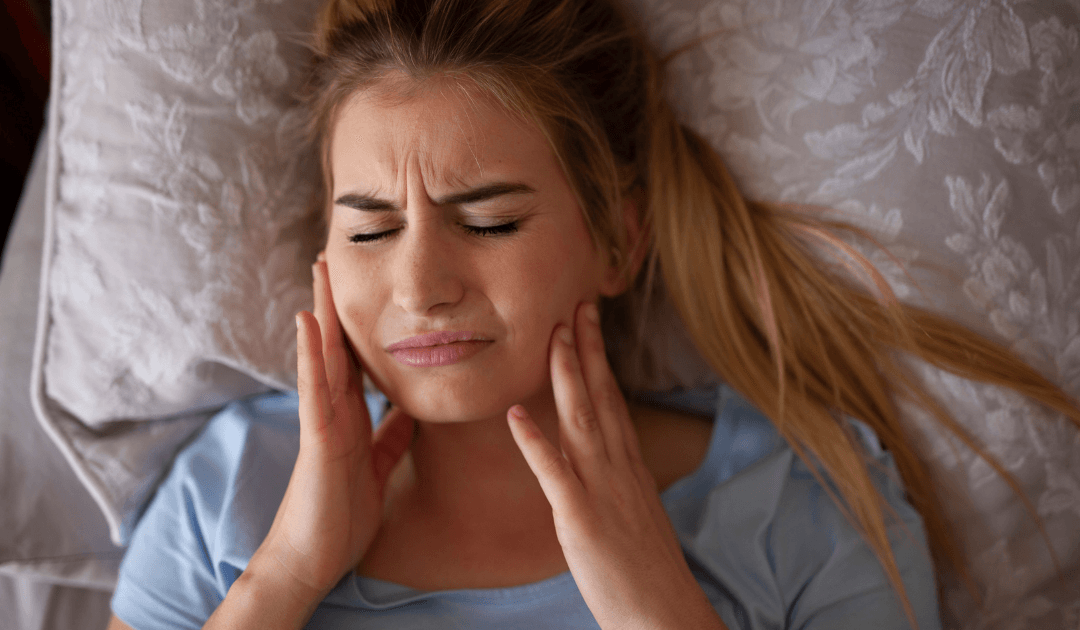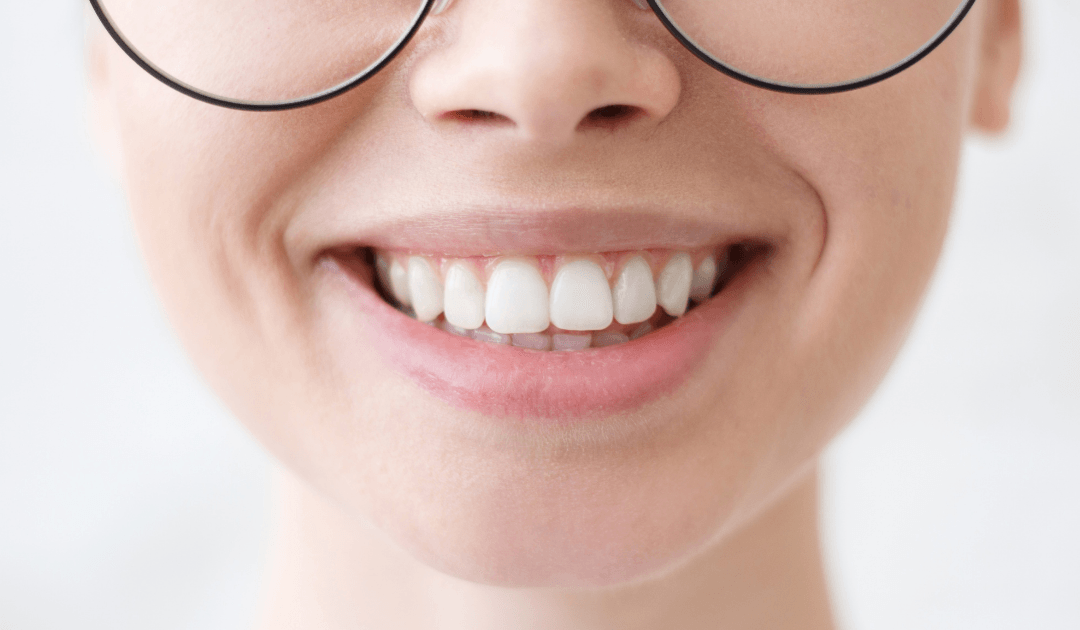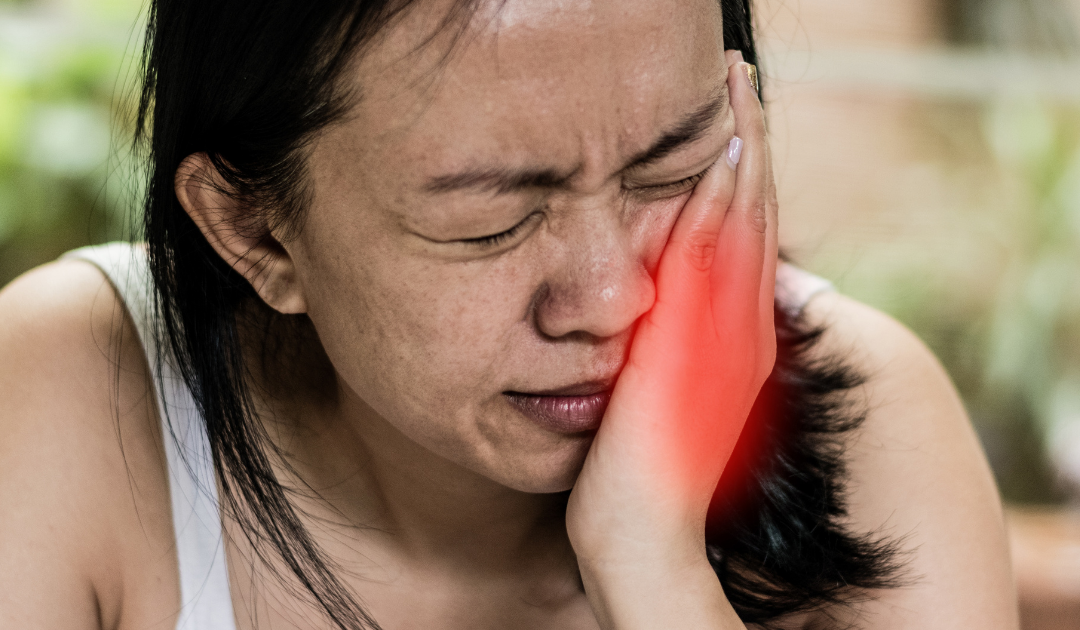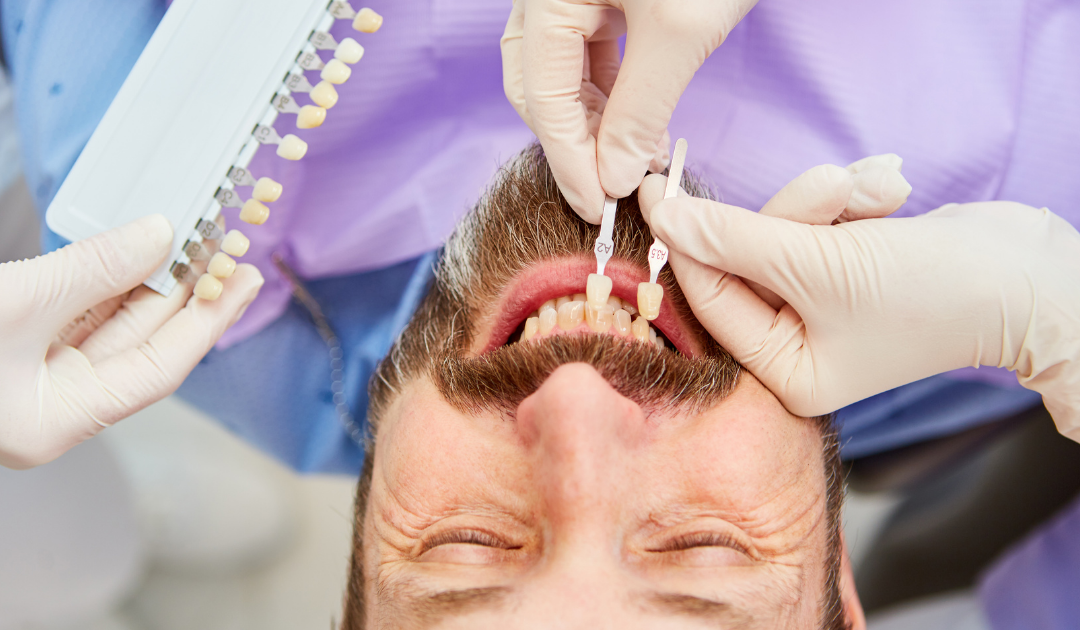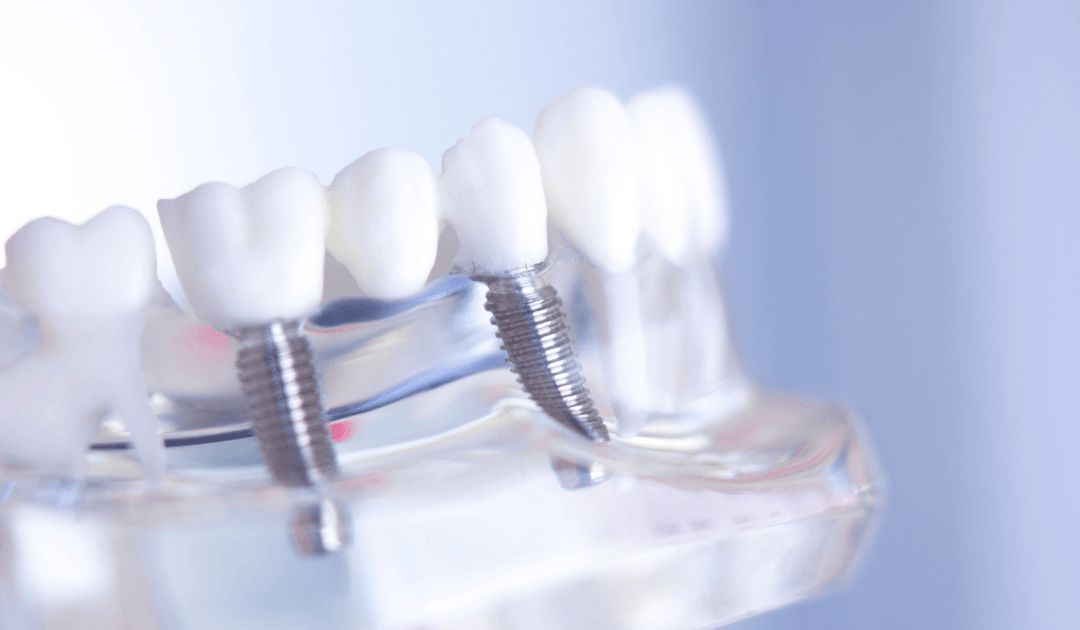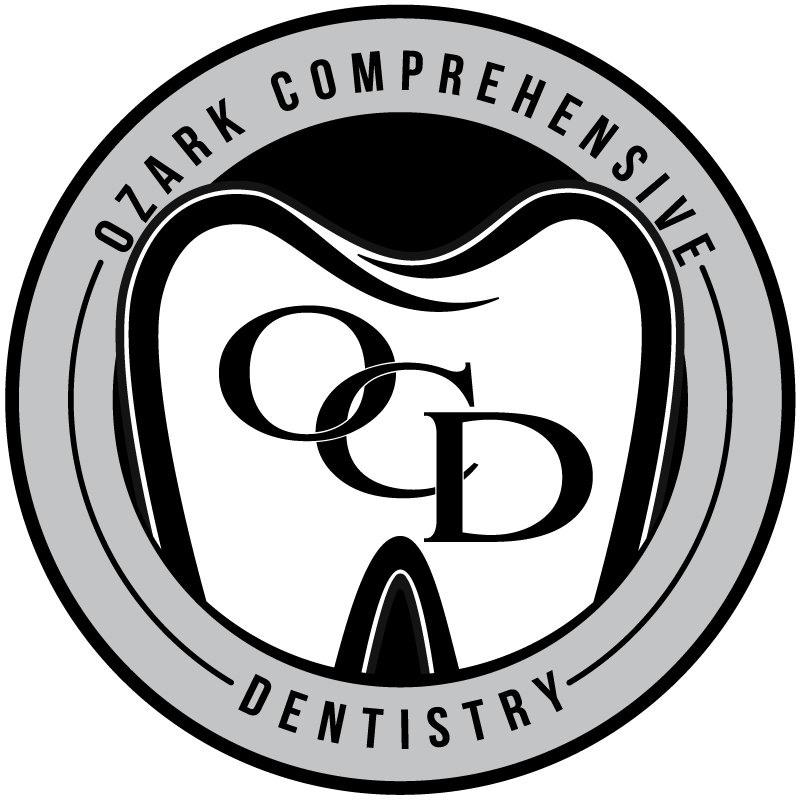Are My Bad Allergies Related to my Sleep Apnea?
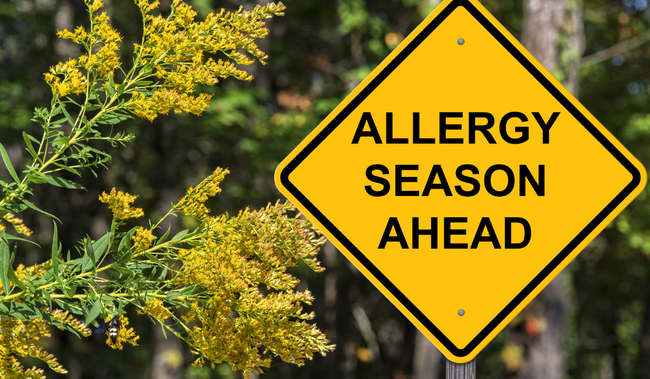
Spring is on its way, which means the arrival of allergy season for millions of Americans! If you have a sensitivity to pollen, dust mites, or grass, you’re probably dreading the next few months, and we don’t blame you! Unfortunately, those who suffer from untreated obstructive sleep apnea (OSA) tend to experience allergies worse than those who don’t have OSA. There’s no question that OSA and allergies are related but let’s talk about how they affect one another.
What is Obstructive Sleep Apnea (OSA)?
OSA is a sleep condition caused by severe breathing issues, resulting in a disturbed sleep pattern. The lapse in breathing is caused when the upper airway is blocked. If you were awake, your brain would immediately react and open up the airway. When you’re asleep, this reaction can be delayed or non-existent, leading to stopped breathing.
When your brain reacts to the stopped breathing, it often results in waking you up, disrupting your sleep pattern. The constant disruptions in your sleep pattern will cause you to fail to reach the stage of a deep sleep, which is essential for you to get a “good night’s sleep.”
How Can Allergies Make OSA Worse?
Allergies can cause an increased amount of nasal congestion, which, as we all know, leads to breathing issues. When you’re already experiencing problems breathing as you sleep, increased nasal congestion only exacerbates the issue. Some people experience the swelling of their tonsils as a side effect of having allergies, aggravating your OSA. Anything that leads to congestion or blockages in your through is going to increase the severity of OSA.
Allergies Can’t Cause Sleep Apnea, Can They?
The short answer is “no.” Allergies have not been proven to cause sleep apnea explicitly. What has been verified, though, is that allergies often worsen sleep apnea symptoms. On their own, allergies can cause disruptions to your sleep pattern, so when combined with the disturbances caused by sleep apnea, it can feel like they go hand-in-hand.
Fortunately, there are a variety of over-the-counter medications that can assist in subduing your allergy symptoms. Before taking any medication, you should consult with your dentist to ensure it won’t interfere with any treatments you may be seeking for your sleep apnea. For more information or to schedule an appointment, give us a call at 479-337-4070.
